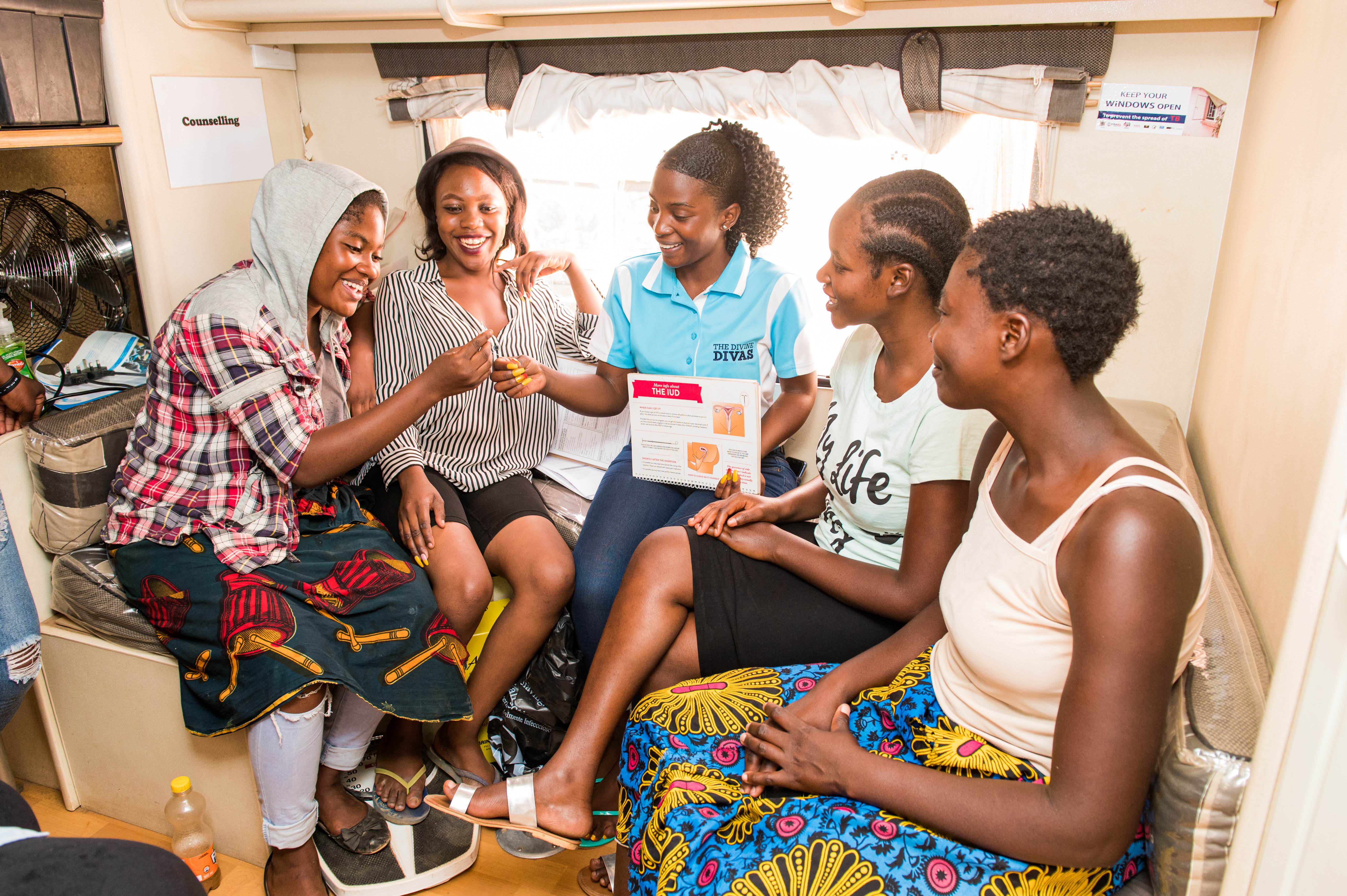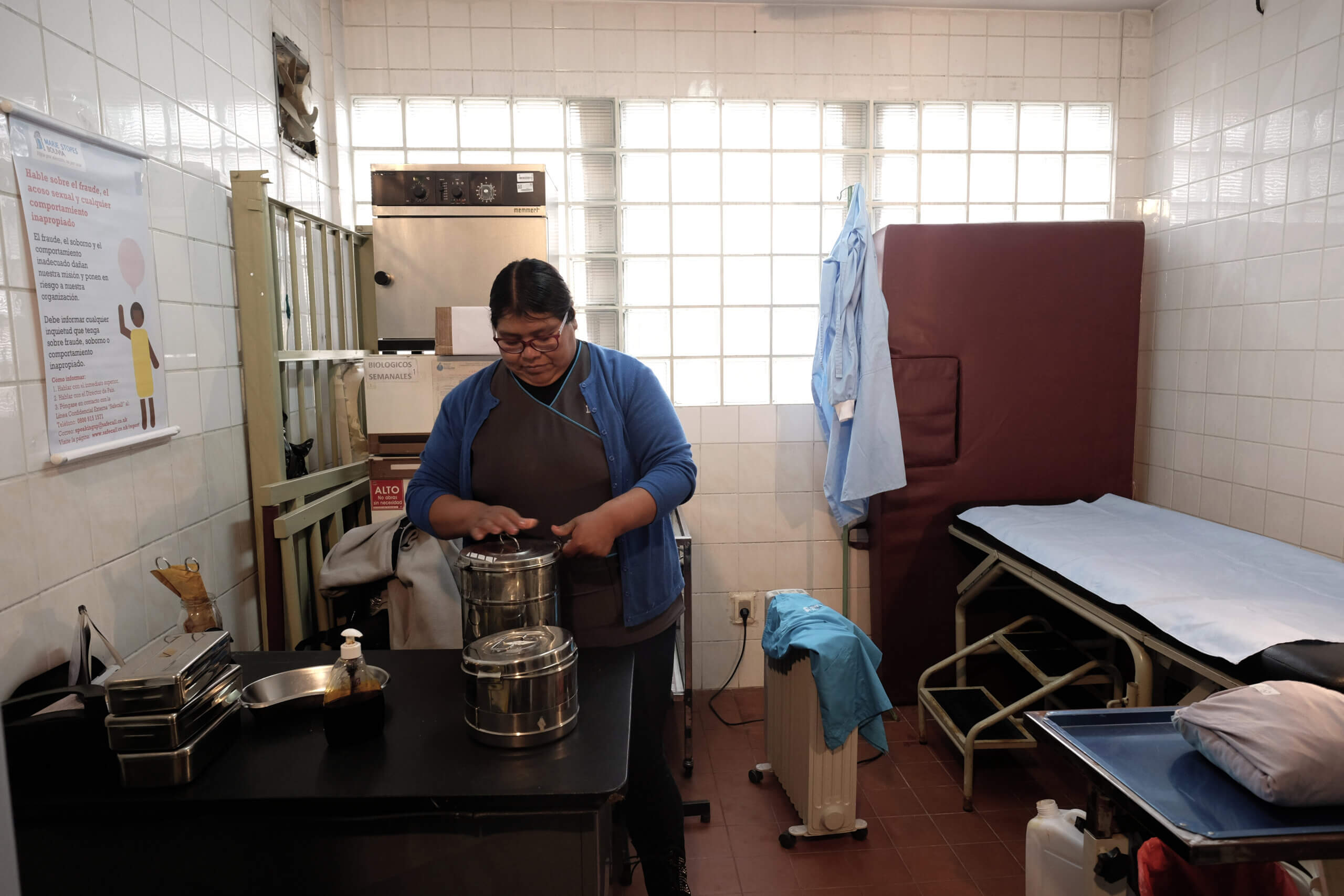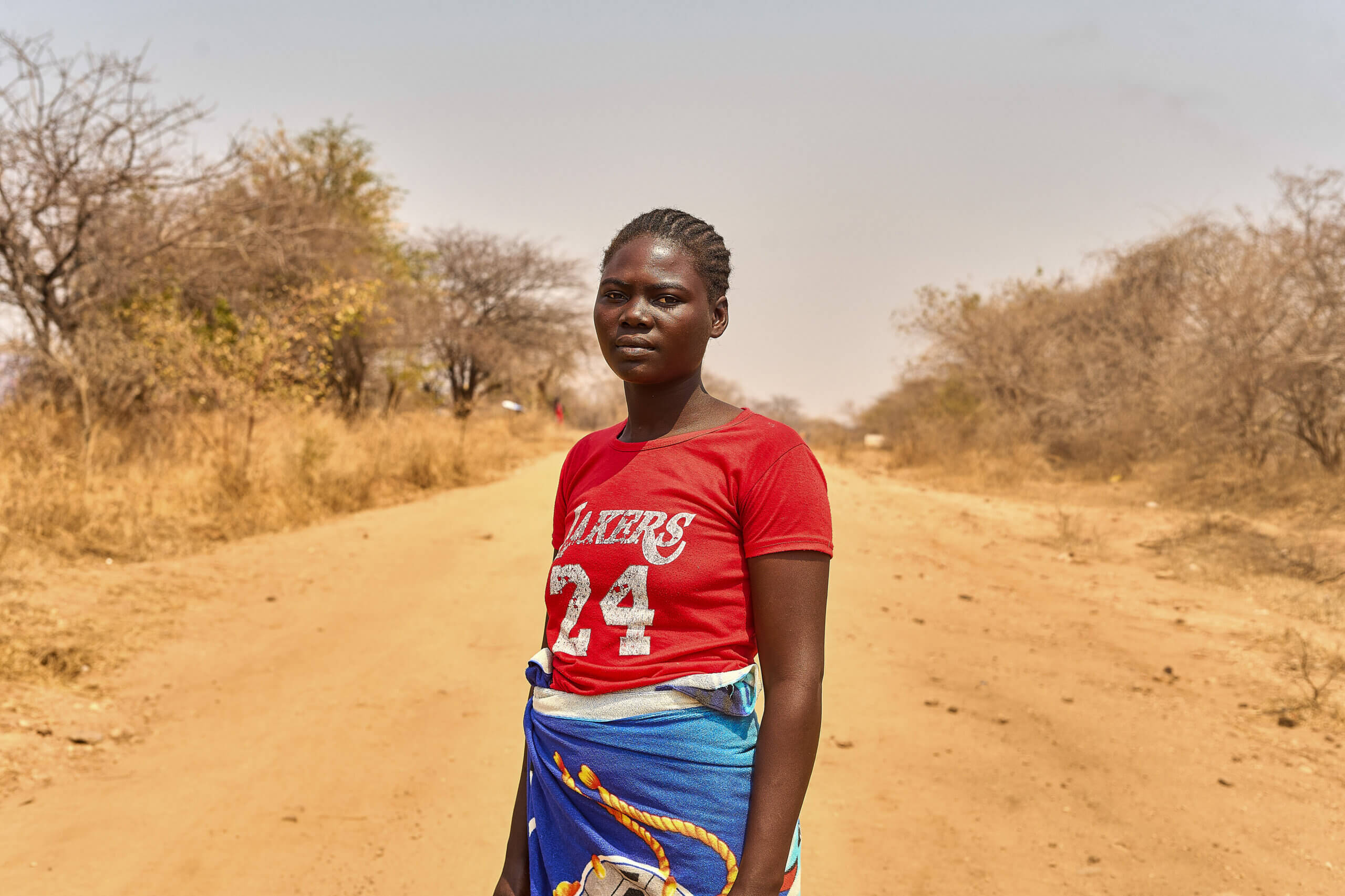MSI Nigeria Hosts Webinar on Using Social and Behaviour Change Communication
MSI Nigeria led a webinar to over 160 participants on using Social and Behaviour Change Communication (SBCC) to drive the uptake of family planning services across communities.
MSI Nigeria hosts a quarterly advocacy and communications webinar for partners from the government, civil society, and international organisations – discussing crucial issues in sexual and reproductive health.
The most recent webinar was on the importance of Social and Behaviour Change Communication (SBCC), addressing the gaps between women’s awareness of contraception and the uptake of methods. Social and Behaviour Change Communication uses strategies that positively influence knowledge, attitudes and social norms among individuals, institutions and communities.
In the opening remarks, MSI Nigeria Country Director, Emmanuel Ajah, elaborated:
“According to Nigeria’s Demographic and Health Survey 2018, there is 94% awareness about contraception among married women and 98% awareness among sexually active unmarried women. However, the current contraceptive prevalence rate among married women and sexually active unmarried women is 12% and 28% respectively.”
The webinar featured contributions from guest panellists from MSI Nigeria and other implementing partners, including:
- Aisha Waziri – 120Under40 New Generation of Family Planning Leaders and Youth Co-Chair of the International Conference on Family Planning
- Chizoba Onyechi, Senior Programme Officer for Family Planning, Breakthrough ACTION-Nigeria
- Bimbo Faloye – Public Sector Strengthening Channel Lead, MSI Nigeria
The guests shared experiences of using SBCC to shift social, cultural, and religious norms, influence changing government policies, and improve adolescent uptake of services.
The webinar concluded with recommendations on how to use SBCC for increasing family planning uptake, as well as for awareness and education.
Some participants advocated for focusing on adolescents and youth in SBCC activities, increased funding for SBCC projects, and SBCC training of service providers, as key steps that would drive uptake of contraceptive products and services in Nigeria.






